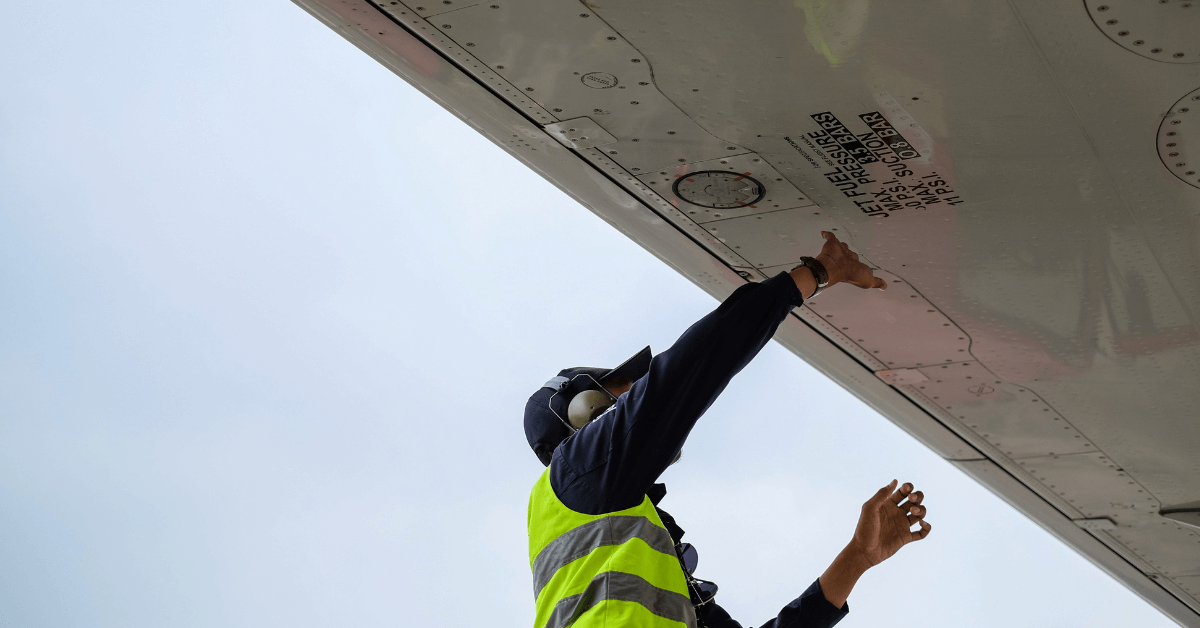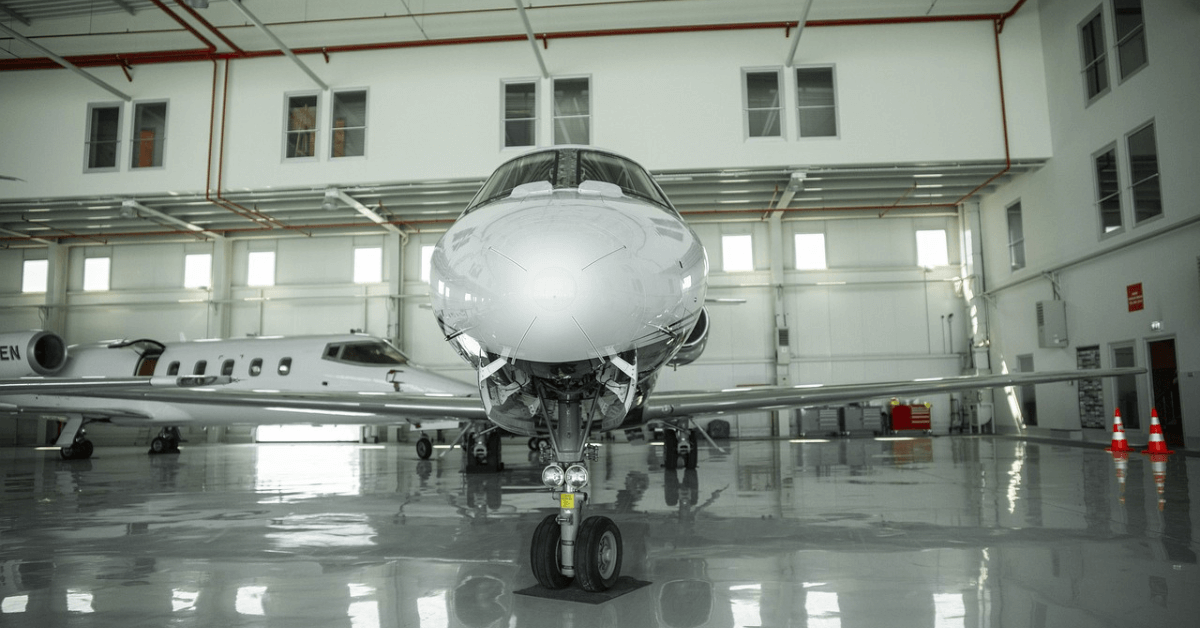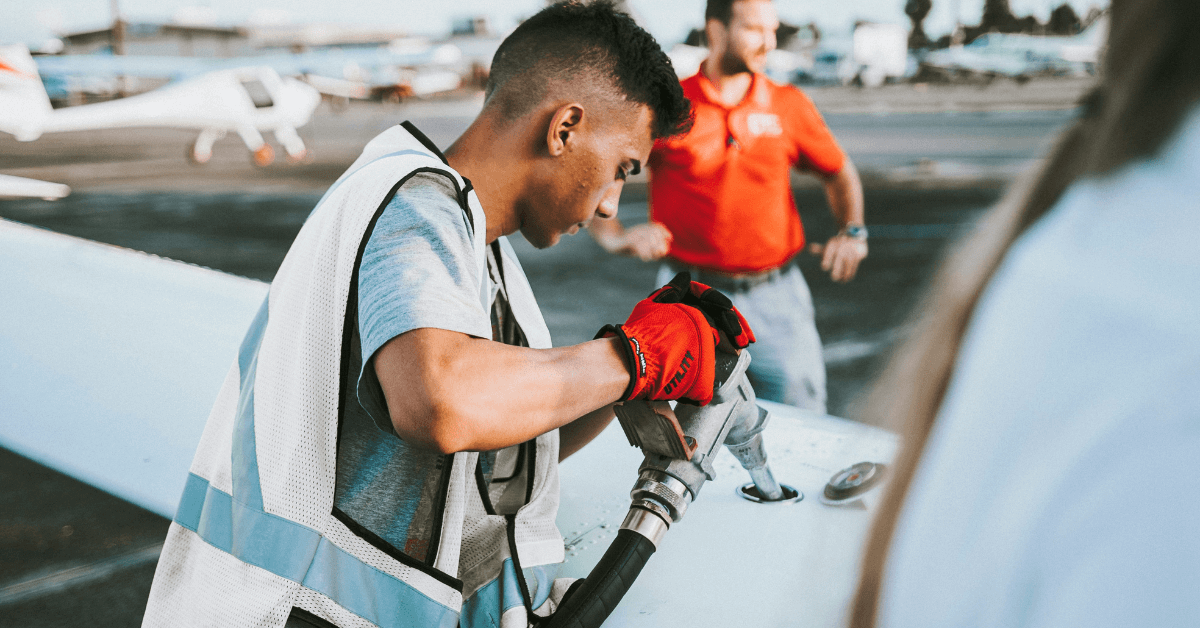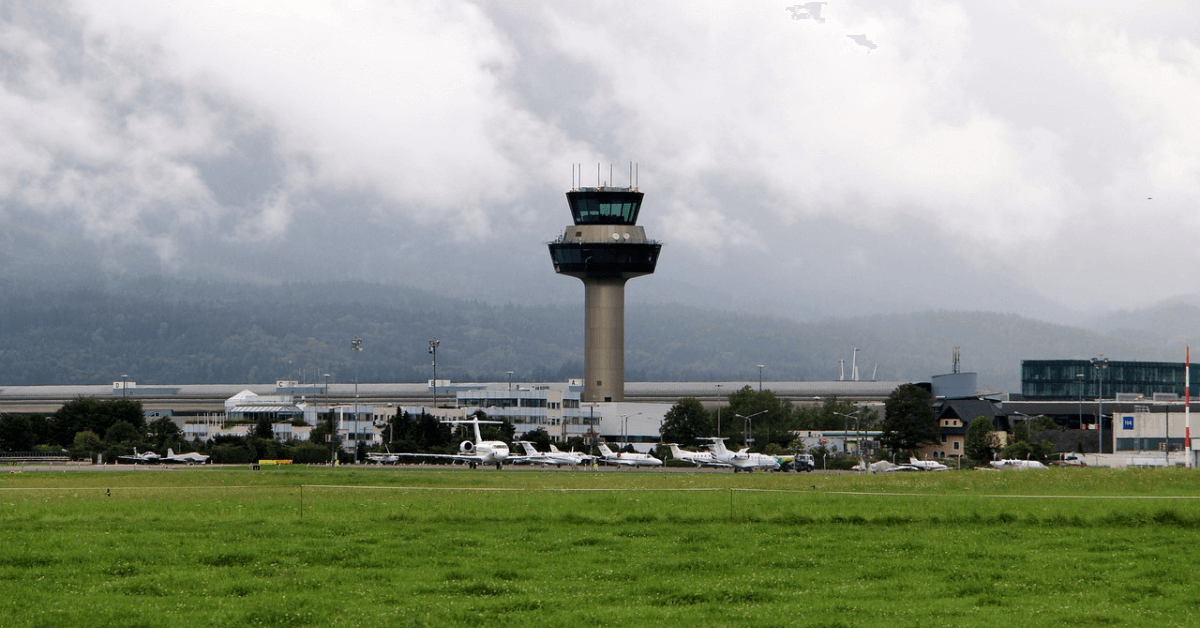One thing you shouldn’t leave out of the equation when you’re purchasing and operating your new aircraft is the costs associated with it.
If you’re in the market for buying your very own private jet, you’ve probably already started doing your research. Usually that would include the type of jet that you want, the manufacturer and model, how many passengers it should carry, the amenities it should provide, and whether you’re only using it for private use or renting it out. However, one thing you shouldn’t leave out of the equation when you’re purchasing and operating your new aircraft is the costs associated with it. These costs can be divided into two categories – the costs before you own the private jet, and the costs associated with owning it.
The costs that you need to be aware of before owning a private jet can be classified as acquisition costs. Or, to explain it in even simpler terms, the costs associated with purchasing an aircraft, that you will have to pay over the whole acquisition process. So, let’s break it down even further, what are the costs you are working with?

● Pre-purchase inspection costs – commonly known by the abbreviation PPI. This is an in-depth Pre-Purchase or Pre-Buy Inspection of the aircraft that you’re considering buying. This gives you a precise overview of the state of the pre-owned jet and any faults it might have
● Tax advise costs – this will usually focus on advise about how to best approach purchasing an aircraft depending on your individual use case. Is it better to purchase the jet outright or to lease it? Is this jet going to be used for personal use or not?
● Legal advise costs – it's usually better to be safe than sorry, so you might want to hire a professional to look over the contract when purchasing a private aircraft. They can draw your attention to things you need to watch out for or even add to your contract.
● Professional help with acquisition – if you don’t have experience with the ins and outs of purchasing an aircraft, you’d best be served by a professional who can walk you through the process. They’ll find a suitable aircraft, look at the most common flaws, and even help you negotiate a fair price. The investment in a professional can save you a lot of pain and money in the future.
● Test flights – if you’re purchasing any other vehicle like a car or motorbike you usually want to take it out for a spin so you can find out if it suits and you uncover any hidden flaws. Well, when it comes to private jets you should probably do the same. However, the costs associated it with testing an aircraft are usually much higher.
The costs associated with owning an airplane are commonly divided into two subgroups – fixed costs and operating costs. In the case of fixed costs, those are the costs that you can expect to pay consistently throughout the time period that you own the jet, regardless of how much you fly with it. Common fixed costs you might be looking at are:

● Management fee – this is a fee you usually pay to the company that manages your aircraft for you
● Hangar space – you need to park your jet somewhere while it's not in use, so to keep it in pristine condition and safely parked you will need to pay for a hangar space so that you can store it away.
● Crew and staff – unless you’re flying the jet and taking care of the maintenance yourself, you will probably be paying pilots, cabin crew, and mechanics to fly and maintain your airplane.
Operating costs, or DOCs are the variable costs you will be paying only when your private jet is in use. Those commonly include:

● Fuel – as with any and all vehicles, you will need to fuel your private jet. However, private jets use a specific type of fuel, with the most common type used being jet fuel. These tend to be more expensive than common fuel used in other vehicles and can command an even higher price if you want to sustainable aviation fuel.
● Handling – ground handling operations are usually handled by the airports you’ll be landing at and can include a variety of services such as cleaning the interior and exterior of the aircraft, refueling, transporting the passengers to and from the aircraft, course safety checks, etc.
● Landing – landing your private jet at an airport doesn’t come free. Airports usually charge the jets that use their facilities a fee. These can vary from airport to airport, the busier the airport the higher the fee.
● Approach aerodrome control charge – you cannot land your airplane as you wish, the pilot needs to be navigated by an approach controller, who will tell him when and on which runway to land.

These aren’t all the fees you can expect to pay, however, they do cover the basics so you can get a grasp of what are some of the variable costs you will incur while operating your airplane. So it’s up to you to decide which option fits you better, to own a private jet or to charter a flight depending on your needs.

How the year began to move across the market
A global reference for quality and performance
How Europe’s private skies moved last year